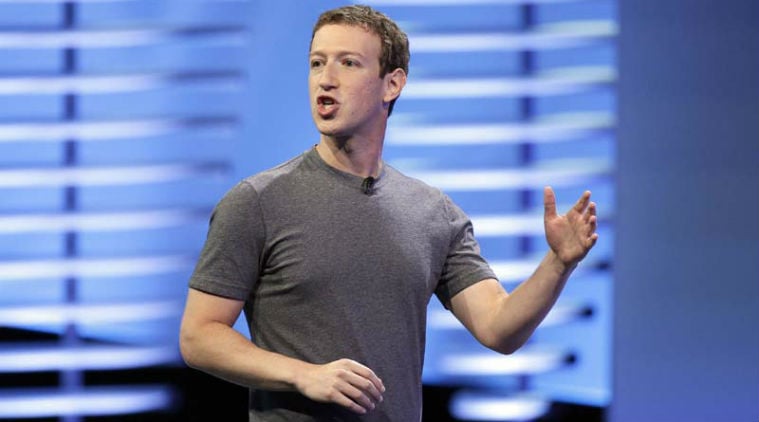 Facebook CEO Mark Zuckerberg wrote a post saying the company plans to roll out a new privacy feature for users called ‘Clear History.’
Facebook CEO Mark Zuckerberg wrote a post saying the company plans to roll out a new privacy feature for users called ‘Clear History.’
Facebook will soon get what most of the Internet would consider a basic feature. CEO Mark Zuckerberg has announced that he will discuss “a new privacy control we’re building called Clear History” at the F8 conference. “We’re starting with something a lot of people have asked about recently: the information we see from websites and apps that use Facebook’s ads and analytics tools. Once we roll out this update, you’ll be able to see information about the apps and websites you’ve interacted with, and you’ll be able to clear this information from your account. You’ll even be able to turn off having this information stored with your account,” Zuckerberg said in a Facebook post, hours before the social network’s annual developer conference kicks off in San Jose, California.
He went on to clarify that this move could end up impacting the overall experience. “Your Facebook won’t be as good while it relearns your preferences,” he wrote in the post, explaining how when cookies are cleared you might have to sign back in and reconfigure things.
However, he said, this was a feature Facebook thought users should have. “It’s something privacy advocates have been asking for — and we will work with them to make sure we get it right,” he wrote. Zuckerberg also accepted that he realised how while testifying before the Congress he “didn’t have clear enough answers to some of the questions about data”. Facebook, he added, was working to ensure these controls are clear, and will have more to come soon.
Soon after the post appeared, Erin Egan, VP and Chief Privacy Officer at Facebook, put out a newsroom post which said the new feature will enable users to see the websites and apps that send information, delete this information from their account, and turn off Facebook’s ability to store data associated with account in future. “Apps and websites that use features such as the Like button or Facebook Analytics send us information to make their content and ads better. We also use this information to make your experience on Facebook better,” the post clarified.
Egan said using the feature will remove identifying information and history of the websites and apps one has used, and they will not be associated with the user’s account. Facebook will, however, continue to provide aggregated analytics, which it can do “without storing the information in a way that’s associated with your account, and as always, we don’t tell advertisers who you are,” reads the post.
However, the feature will take a few months to build. Egan’s post said Facebook will work with privacy advocates, academics, policymakers and regulators for their inputs on removing “identifying information” and the rare occasions where the social network will need this information “for security purposes”.